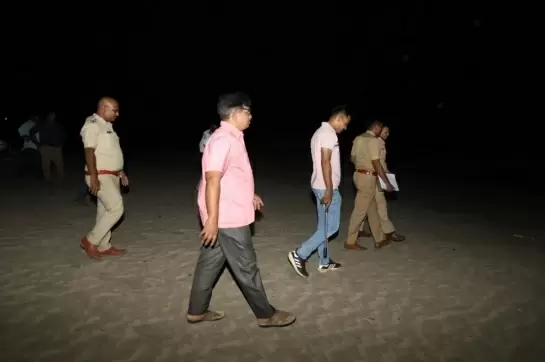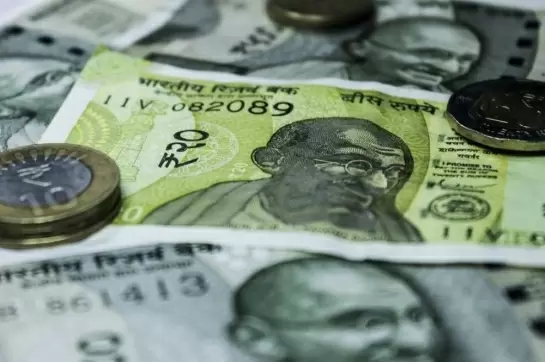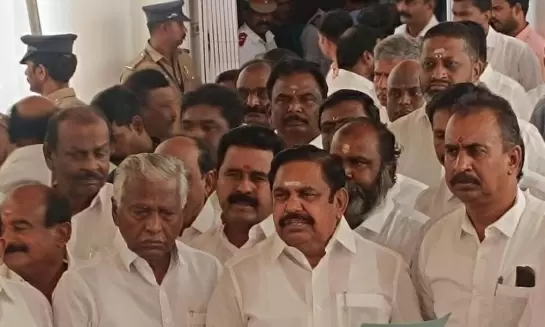Building bridges with Dhaka (Comment)
15-October-2019
Bangladesh Prime Minister Sheikh Hasina returned to Dhaka from a successful four-day visit to India last week having concluded seven agreements. But the agreements have caused unease among many in Bangladesh. Critics have panned the agreements as mainly advantageous to India and of little benefit to Bangladesh. Other commentators have called on the government to publish full details of the agreements.
India and Bangladesh signed seven agreements and MOUs on October 5, 2019 and a Standard Operating Procedure (SOP) agreement for transportation of goods. The agreements include a pact for supply of LNG as well as water from Feni River to India, and for transportation of Indian goods through Chittagong and Mongla ports in Bangladesh to Tripura.
A Bangaldeshi media report claimed that there was little information available in the public domain about the agreements. In a caustic comment it said that while details of the lavish meals prepared for the Bangladeshi leader were enthusiastically reported on by the Bangladeshi media, there was no information on the nature of the agreements.
The agreements to provide connectivity were described as regional connectivity, but one critic termed them bilateral connectivity as they served Indian interests and had scant benefit for Bangladesh. "India certainly stands to benefit, but Bangladesh is yet to make a tangible assessment of its gains," it said.
India's smaller South Asian neighbours have often perceived New Delhi as exploitative for using its clout to negotiate one-sided agreements advantageous to India while ignoring its neighbours' interests.
Sheikh Hasina defended her government's decision to supply 1.82 cusecs of water from the Feni river to India for drinking water purposes as a very small amount of water.
"If someone asks for drinking water, how can we deny it?" she said.
Regarding the agreement to supply of LPG, she added that it was not CNG that Bangladesh would be selling to India, but LPG, which was a byproduct in the refining of oil. In 2001, the possibility of selling natural gas to India had become a major controversy in Bangladesh with Sheikh Hasina's Awami League party objecting to the sale of a scarce resource.
The agreement to supply Feni river water has rankled as there has been no movement on finding a resolution on the sharing of Teesta River waters. The criticism acquired a serious turn with the murder of a second year student of the Bangladesh University of Engineering and Technology by fellow students for criticizing Sheikh Hasina and the agreements in a Facebook post. The students were allegedly members of the Chhatra League, the youth wing of the ruling Awami League party.
India's ties with Bangladesh are at their peak, among the best of India's relations with its South Asian neighbours. But the criticism of the agreements with India is evoking memories old irritations and suspicions.
There are several pending issues between India and Bangladesh such as the huge trade deficit and sharing of Teesta river waters. Dhaka has been remarkably patient over New Delhi's problems in agreeing to a resolution on sharing of the river waters.
Sheikh Hasina's government has accepted Prime Minister Narendra Modi's assurance that he would work towards a satisfaction resolution to the ticklish issue. The main impediment on the Teesta issue is the stance of the Mamata Bannerjee-led West Bengal government.
The National Register of Citizens exercise in Assam with identification of illegal migrants has raised grave concern in Bangladesh. Sheikh Hasina has accepted for now the Indian stance that it is an internal matter of India. But comments by Indian leaders about pushing out the foreigners have their ripples in Bangladesh which facile assurances do not alleviate.
Building trust between the two neighbours has been a slow and steady process that involved wiping away the mistrust and suspicion that that had plagued relations for long. The resolution of the sharing of the Ganga waters removed a major irritant in the ties.
Sometime later, Bangladesh Prime Minister Sheikh Hasina's assurance that Bangladesh territory would not be used for anti-India activities and its effective implementation became the first major step in building the trust. The resolution of the Land Boundary Agreement for demarcating the border was the second positive factor in generating trust and confidence. It created the environment for closer cooperation between the two countries. Both Dhaka and New Delhi have used the friendly environment to construct a cooperative relationship.
New Delhi can easily lose that goodwill if the sentiment that India is uncaring and lackadaisical about issues of interest to Bangladesh begins to gain ground in Dhaka. New Delhi needs to be more sensitive to Dhaka's concerns. It should speed up tackling the long pending issues before they build up into a major grievance in Bangladesh, which could make it difficult to implement already concluded agreements.IANS
AI Cybersecurity Startup Neural Defend Raises $600K in Pre-Seed Round
Chennai Doctor and Family Found Dead Amid ₹5 Crore Business Loss
Karnataka Withdraws CID Probe in Ranya Rao Gold Smuggling Case
New Kerala Guv Strikes Cordial Tone, Hosts CM Vijayan And FM Sitharaman In Delhi
Digital Payments Surge in India: 18,120 Crore Transactions in FY24-25









